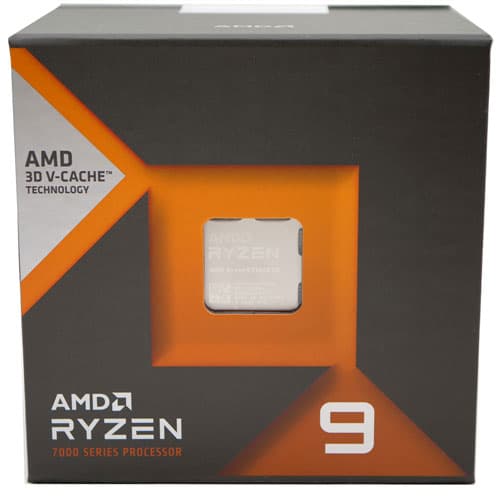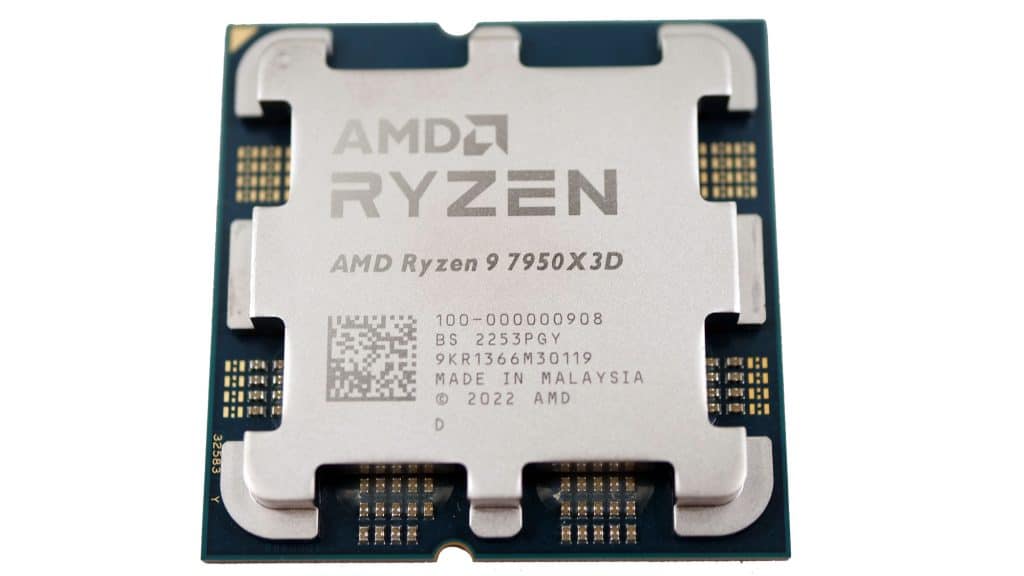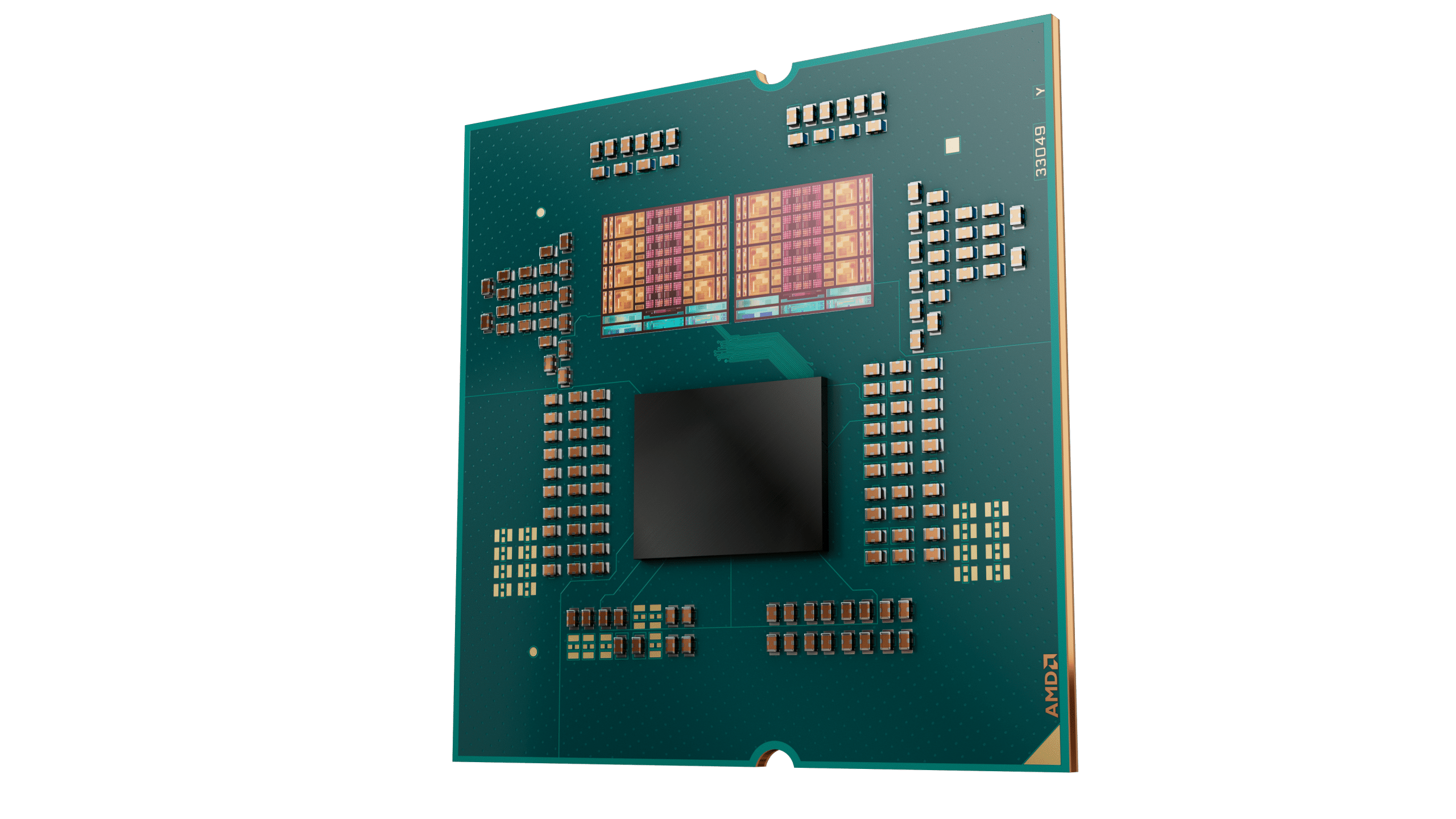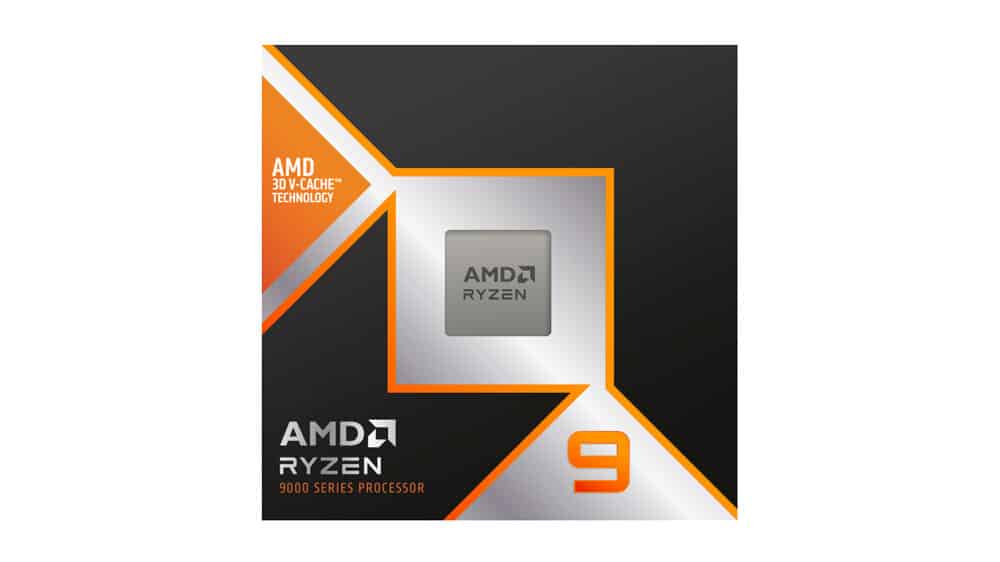Epilogue
The mix of CCX in the 7950X3D is interesting, but some applications can have problems, especially single-threaded ones, if the proper core is not engaged. In SuperPi, for example, I have seen performance differences of up to one minute, depending on the core used! I had to run several times this test till the proper core was utilized. The software has no learning option, and this is a notable con that I believe AMD will improve in future driver versions. Performance-wise, the extra L3 cache won’t make any difference in applications, and there are some games where performance is similar to the other 7000X series members. There are games, though, where the performance difference is huge, and this is why the overall gaming performance boost is so high compared to the 7900x, meeting eye-to-eye with Intel’s flagship i9-13900K.
What impresses me the most is that AMD lowered the TDP to 120W, making the 7950x much more efficient while keeping the performance high. Moreover, you should use the curve optimizer to lower the voltages on the CPU’s cores because, besides slightly better performance, you will also get higher efficiency. The cherry on top is that there is no need for a top-notch AIO to cool down this CPU, but a good air cooler will be enough. I used a Noctua NH-D15S, and the maximum Tjunction (TJMax) temperature didn’t even go close to 89°C, which is the maximum safe operating temperature according to AMD.
The Ryzen 9 7950X3D is ideal for gaming, content creation, or other demanding multi-threaded applications. If you are interested in gaming mostly, you should wait for the more affordable Ryzen 7 7800X3D.
- High performance
- Top gaming performance
- Highly efficient in multi-thread applications
- PCIe 5.0 support for both storage and graphics
- Integrated GPU
- AM5 retains cooling compatibility with AM4
- Notably lower TDP than the 7950x
- DDR5 support
- AVX512 and AI instructions support
- Expensive
- Requires good cooling for optimal performance
- Thermal limit went down to 89°C (from 95°C in 7000X series)
- Increased platform cost
- Setting specific clocks or multipliers is not supported
- In some cases, the proper cores might not be employed
- No CPU cooler included in the bundle
- Lower base clock than the 7950X




